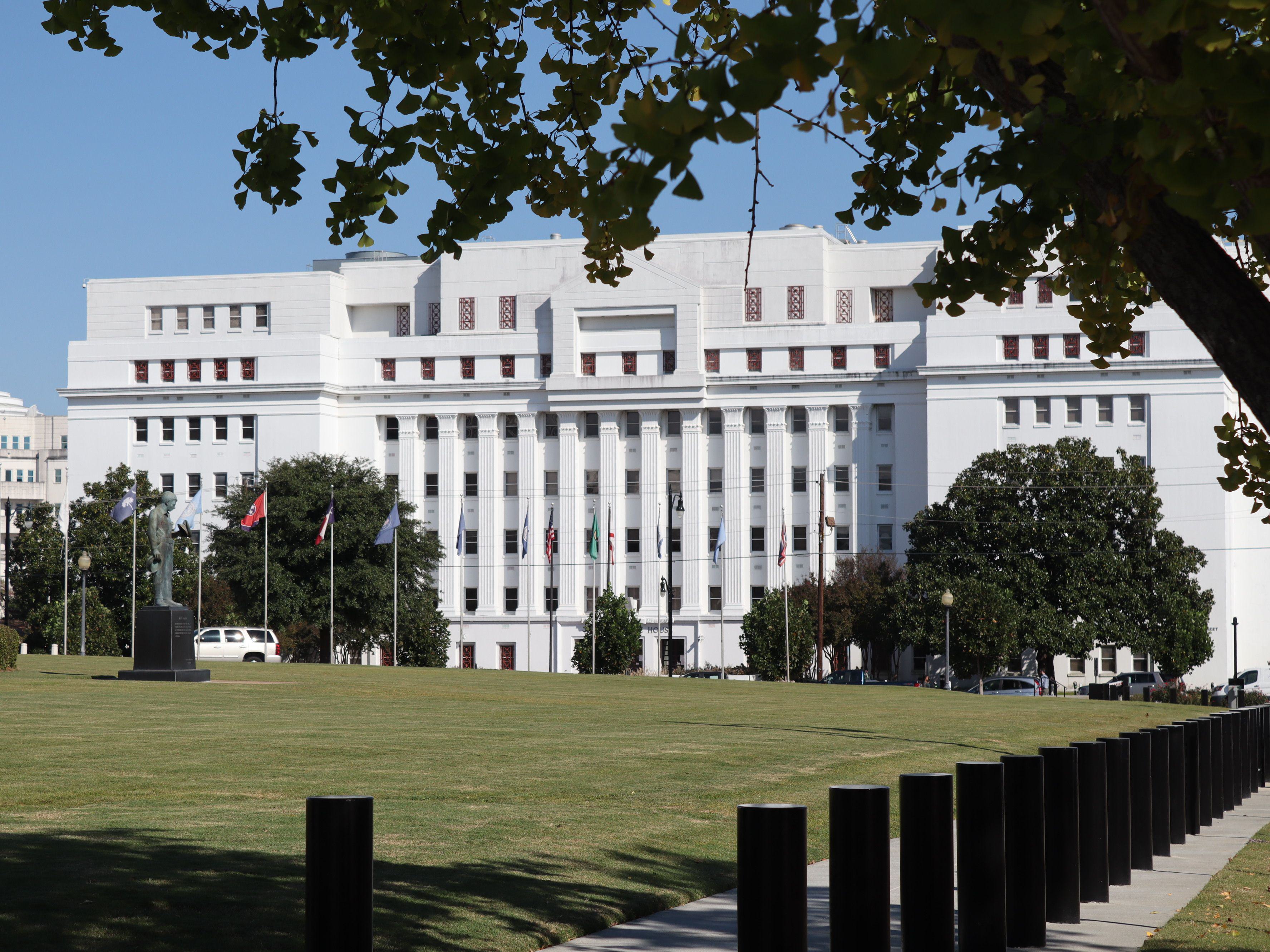The House Ways and Means General Fund committee on Thursday gave a favorable report to legislation appropriating American Rescue Plan Act funds (ARPA).
House Bill 1 was sponsored by State Rep. Steve Clouse (R-Ozark) who chairs the Committee.
“This obviously deals with the American Rescue Plan,” Clouse said.
The committee voted unanimously in favor of HB1.
Reporters asked Clouse who was it that drafted this plan.
“Myself, Sen. (Greg) Albritton and Finance Director (Bill) Poole,” Clouse said. “Then we brought in the Pro Tem., Speaker, and the House and Senate Majority and Minority Leaders," Poole said.
Clouse said, “This creates a bridge for the next tranch of money. We are going to get over $1 billion in May or June.”
Alabama Gov. Kay Ivey (R) prioritized the legislation by calling a special session within the regular session for the legislature to get this done as rapidly as possible.
Clouse explained that unemployment insurance is the reason for the rush. Before the pandemic, unemployment was low and the fund that the Alabama Labor Department has for paying unemployment claims was full. The fund was drained during the pandemic. Now, unemployment is back down to pre-pandemic levels, but the fund is less than it was and has to be replenished and businesses have to pay a higher unemployment tax to do so. Part of this bill is $79 million to replenish the Labor Department’s unemployment fund.
“This lowers rates by 30%,” Clouse said. The money has to be there by the 30th, “Because that is when they set the rates (for 2022).”
Clouse said that unemployment tax (which is a payroll tax) will drop from 1.6% to 1.0%.
Sen. Greg Albritton (R-Atmore) chairs the Senate Finance and Taxation General Fund Committee.
Albritton told reporters that this will be the only bill handled by the legislature during the special session.
1819 News asked Speaker of the House Mac McCutcheon (R-Monrovia) if the legislature would make an exception and also address Sen. Dan Roberts’ (R-Mountain Brook) bill to make ARPA funds non-taxable for state income taxes during the special session.
“If you made an exception for one bill, why would you not make an exception for another bill?” McCutcheon said.
McCutcheon did say that Roberts' proposal was a good one and that the legislature could prioritize it when the special session is over and the legislature returns to regular session business in February.
Clouse said that since no other bill was addressed in committee on Thursday, addressing any other bill including a constitutional amendment that is being sought by counties and cities would mean an extra day in the special session.
“That would be cumbersome and problematic for some folks,” Clouse said.
“When you’re spending $772 million, usually there’s some excitement,” said Albritton.
HB1 appropriates up to $276,887,857 for broadband, $225 million for water and sewer projects, $80 million in payments to hospitals and nursing homes, $79,500,000 for the Unemployment Compensation Trust Fund, $7,843,362.50 for reimbursement of administration costs, $5 million for telemedicine, $36,796,346 for healthcare, $30 million for assistance to rural hospitals, $10 million for volunteer fire departments and rescue squads and other emergency response providers, and $11 million for reimbursement to counties for state inmates housed in county jails from March 3, 2021, to Dec. 31, 2021.
House Minority Leader Anthony Daniels (D-Huntsville) said that the House Minority Caucus has no issue with the bill as it was introduced.
Daniels acknowledged that the Democrats did have some issues with an earlier draft of the legislation, but those areas that they disagreed with were removed from the version of the bill that was introduced in the special session on Wednesday and which passed out of committee on Thursday.
“The legislation creates a fourteen-member Legislative oversight committee,” Clouse said.
The legislature will return for day three of the first 2022 special session on Tuesday. It is expected that the full House of Representatives will vote on HB1 on that day. If the House approves the bill it could be in committee in the Senate on Wednesday and on the floor of the Senate on Thursday. It could then be passed by the Senate and sent to the governor’s desk the same day.
The 2022 Alabama Regular Legislative Session would then resume on Tuesday, Feb. 1.
To connect with the author of this story, or to comment, email brandon.moseley@1819News.com.










